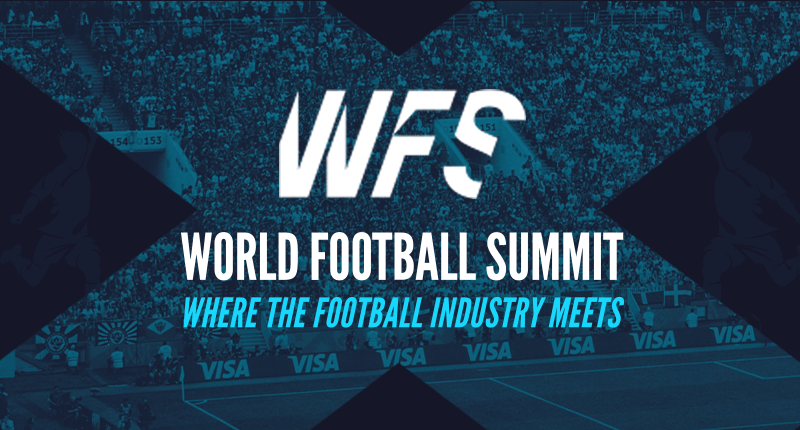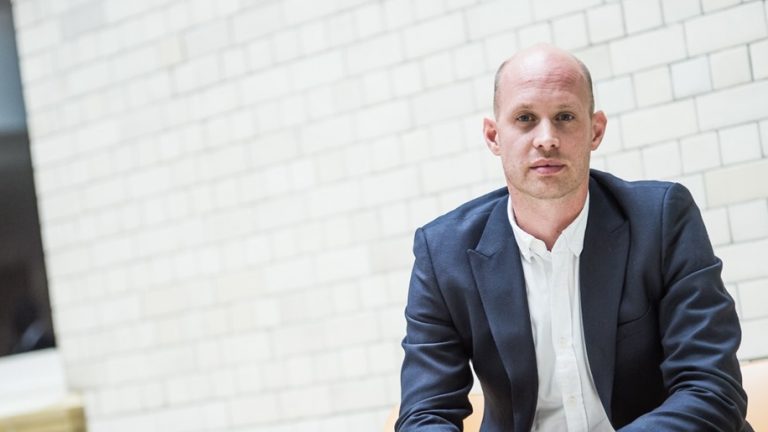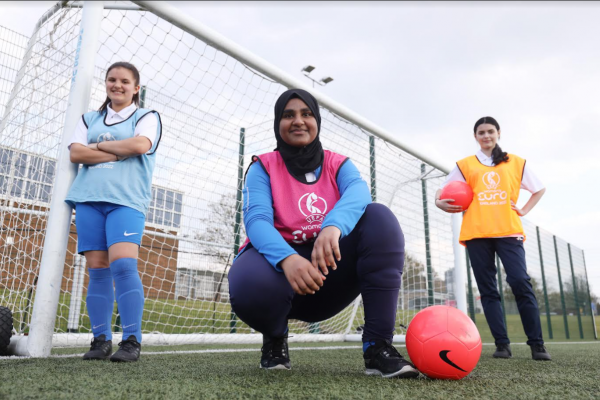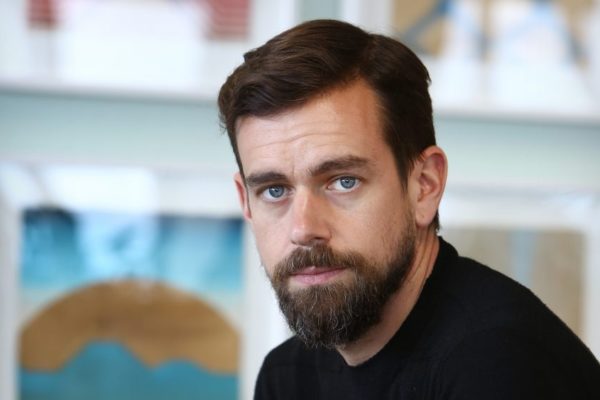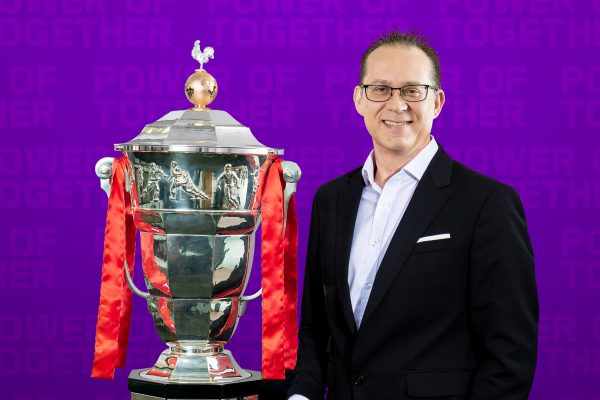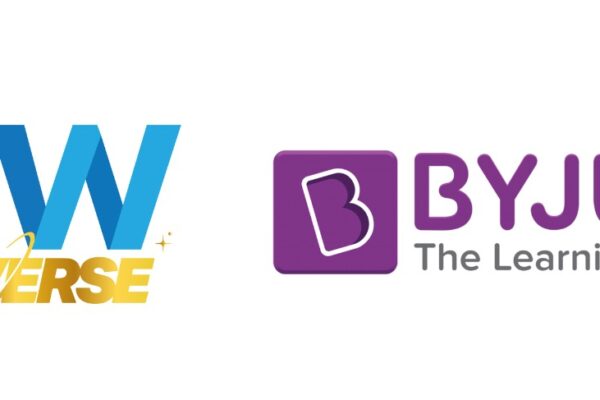Joel Seymour-Hyde, currently Octagon’s UK head has spent more than a decade at the company. Octagon is one of the world’s largest sports marketing agencies with over 30 years in sports marketing, sponsorship and athlete & talent and boasts of clients like Liverpool FC, adidas, MasterCard, Paddy Power among others. Joel spoke with The Playknox about the massive impact of Covid-19 on the sporting realm, how the organisations are now in the recovery process, latest campaigns among other things.
What has been the impact of Covid-19 on your business?
It has unquestionably been a very difficult period for the business. The first element that that hit hard was when sporting events were delayed or shifted. It was challenging, but we mainly focused on rephasing and scenario planning; but when events started getting cancelled it really had a significant adverse impact, because revenue projections started to fall and projects were put on hold. I have spoken to many peers in our industry,and that two month period was really rough for all of us.
Now, fortunately, we are starting to tentatively look forward the other side, as things are gradually improving. The Premier League is back which is a good sign and other sports like Formula 1 and Test Cricket are following suit. The UK is starting to open up economically (with talk of a V shaped recovery which seems optimistic but we remain hopeful) and definitely improving compared to the initial situation.
How are you planning to overcome these challenges?
As mentioned before, there has been a significant impact of Covid-19 on the business as a result of delay & cancellation of events this calendar year, which directly affected revenues.
So in terms of adapting to that, there have been a couple of stages. The first was to focus on the problem solving for the clients – making sure we were ahead of the situation and giving them the best advice on how to manage cancellations or delays, and we then moved quickly to look at lost value / what sort of ‘make good’ conversation may be required with rights holders.
Our Strategy team have been extremely busy working on analysis for clients of the impact of Covid-19 on contracts, and importantly working collaboratively with rights holders to find solutions – whether that be additional assets, rights extensions or financial compensation.
I think now fortunately we are starting to tentatively move into the third stage which is how we are going to impact change or create new campaigns/activities that work in a Covid-19 environment.This is the exciting bit, as it allows us to look forward and make use of our creative team and talents.
There are probably two big areas we are focusing on – one is we are working on lot of briefs at the moment which are focused on how to create fan experiences in a “behind closed door” environment. So obviously that means a lot of digital content, how we are using technology to bring fans closer to the live action or how we are buying smart media which allows brands to position around the things that fans are watching.
From a live event perspective, we are some way in the UK from having significance attendance at matches, and also it varies according to the market. In some markets full attendance at live sport might be possible but for others where it is not, what we can do is atleast start work through all the scenarios especially around Health & Safety, to gauge under what circumstances fans might come back and what process we need to have in place to allow that to happen.
It’s without question been an incredibly challenging period, probably the most challenging of my career, but atleast now lot of work is happening which is looking ahead rather than looking back.
How important do you reckon branding/creativity is in the time of Covid 19?
I think in the past 5 years creativity has been massively (and increasingly) important for the industry in any case, so the impact of Covid-19 merely reinforced that position.
With broadcast taking behind closed doors and every brand vying for space around it digitally, it is incredibly challenging to cut through. So that combination of really compelling creative idea and smart media buying / media partnerships, or using PR to amplify is very important.
We always talk about smart strategic integrated thinking combined with a brilliant creative idea as the ambition for our work. That is not an easy brief,but it is crucial if you want something to significantly stand out during this period.
As we have seen in the Premier League broadcast environment thus far, clubs are maximising in the ‘in-broadcast’ area by covering seats with club and sponsor messages. It’s a logical move to demonstrate ‘value’ but again just increases the clutter for the viewer, so finding other ways to engage fans is crucial for sponsors. Creativity – in the broadest sense, is critical to that.
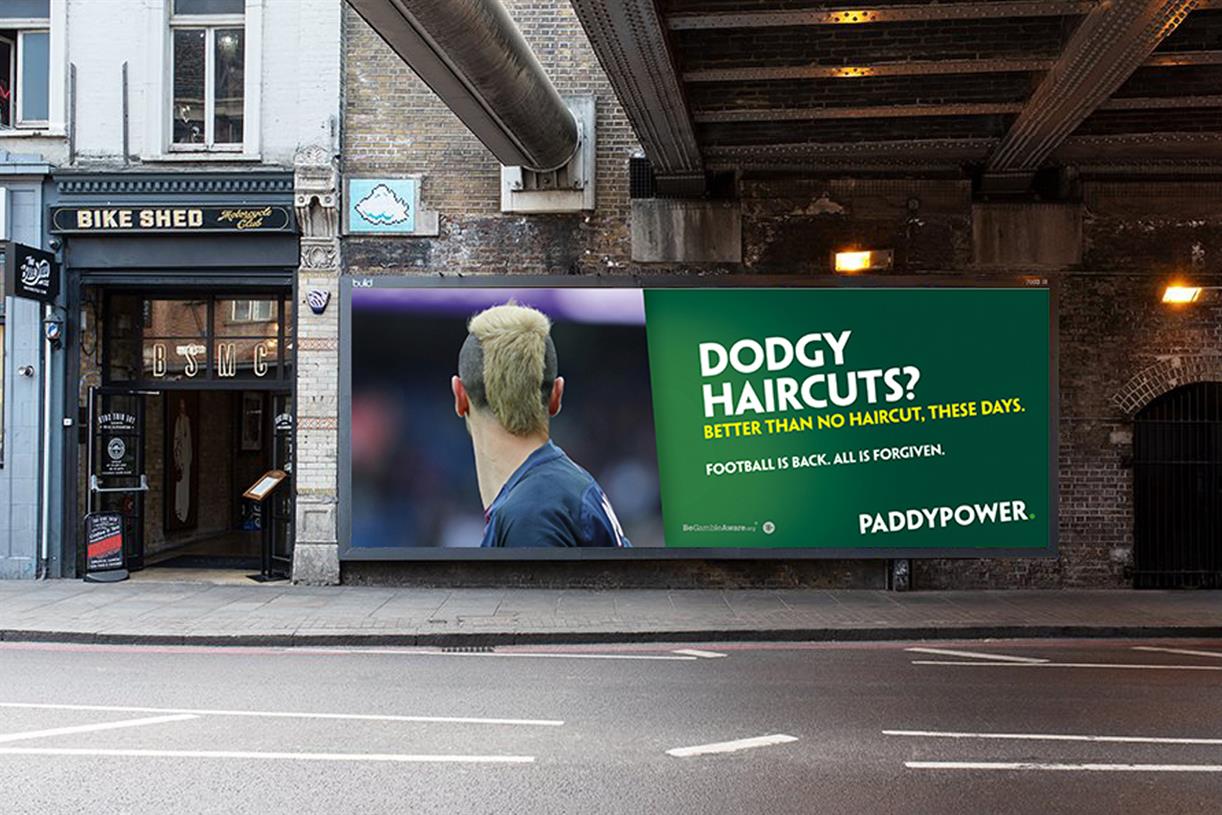
We have seen the rise of fitness brands amidst the pandemic. Is that the way forward? What do brands need to focus on to survive and thrive in this pandemic era?
Whenever there is a massive disruption economically or within a category, there are going to be winners and losers. Some of the losers in terms of industry categories which have been heavily impacted have been well documented (such as Aviation, Hospitality, or indeed advertising agencies!). Clearly the ‘winners’ (using that word sensitively) could include fitness apps, home exercise apps, wellness apps and companies that have become even more essential to our daily lives, (such as the ubiquitous Amazon of course). Cycling in the UK had had a boom in terms of sales, so there should be significant long term residual benefits for any business related to the cycling industry (it could be a good time to open a local, community focused cycle repair shop for example!).
Certainly for the fitness and wellness category had a massive boom as they have managed to showcase product benefits via the digital app/products, and many (not all of course) people in the lockdown have had more time to dedicate to fitness as their lifestyle has changed.
It will be interesting to see as and when things come back to normal, how these brands that have benefited are able to maintain usage and encourage users to stay committed to routines and behaviors developed in lockdown. In addition, it will be intriguing to watch the marketing of these products – will they continue to focus on direct user acquisition or we will see some move to broader mass advertising strategies as they double down on growth?
Tell us about some of your recent and upcoming projects.
Well firstly it’s great to be able to talk about new work.
Just before the Premier League return, we anticipated that for football and fans it will be a big moment. We produced a piece of work for Paddy which was called ‘Football is back. All is Forgiven’, which celebrated that the fact that we’ve missed football so much, it’s great to have it back, warts and all. The campaign went down really well and we were proud to get that work out of the door.
We have some work with Cisco too which shines the light on relationship between fans not being in the stadium and players and how you build that connection. For a brand like Cisco which is all about connectivity and bringing people and companies together, it is really a nice opportunity to try to talk about what Cisco business can add, so we are excited to see that go live.
We have lot of anticipation about the UEFA Champions League coming back (in August) and couple of our clients like MasterCard and Hotels.com are working hard on how to engage fans when the matches are being held behind closed doors environment. I can’t give too much away but there will be a couple of campaigns coming out with the return of the UEAF Champions League which we’re really looking forward to.
Apart from sports, we are also busy with our entertainment clients and focused on working around some big ideas on bespoke music events and behind closed door executions. We are also looking at innovation in the entertainment industry and the opportunities it can provide for brands.
There has been lot of dialogue recently around inclusiveness and diversity. You think enough is being done?
This is a massive topic, something we have been doing a lot of thinking and reflection on about internally. I think almost every company in the world would say that even if we now take more affirmative action in the space, it is disappointing in hindsight that it took a such an awful event to make us take another look at this, to make people realize that the actions we were taking weren’t enough.
We have always been focused on diversity and inclusion and to ensure that we have a diverse workplace, and equally importantly it is inclusive. But we know we can do more.
A quote we are using internally is, “Diversity is being invited to the party, inclusion is being asked to dance” and I think that’s a good way of thinking about the approach we are taking as a company.
We are running lots of initiatives in terms of relooking at everything we do around this space, speaking to right people in our organisation to get inputs from all levels. Education – lots of reading, studying, certainly listening to influential people in the space is critical, and we also need to humble enough to know that we are never going to get it perfect but, rather we need to commit to continuously evolve and progress in the space, and ultimately make sure our people feel supported.


